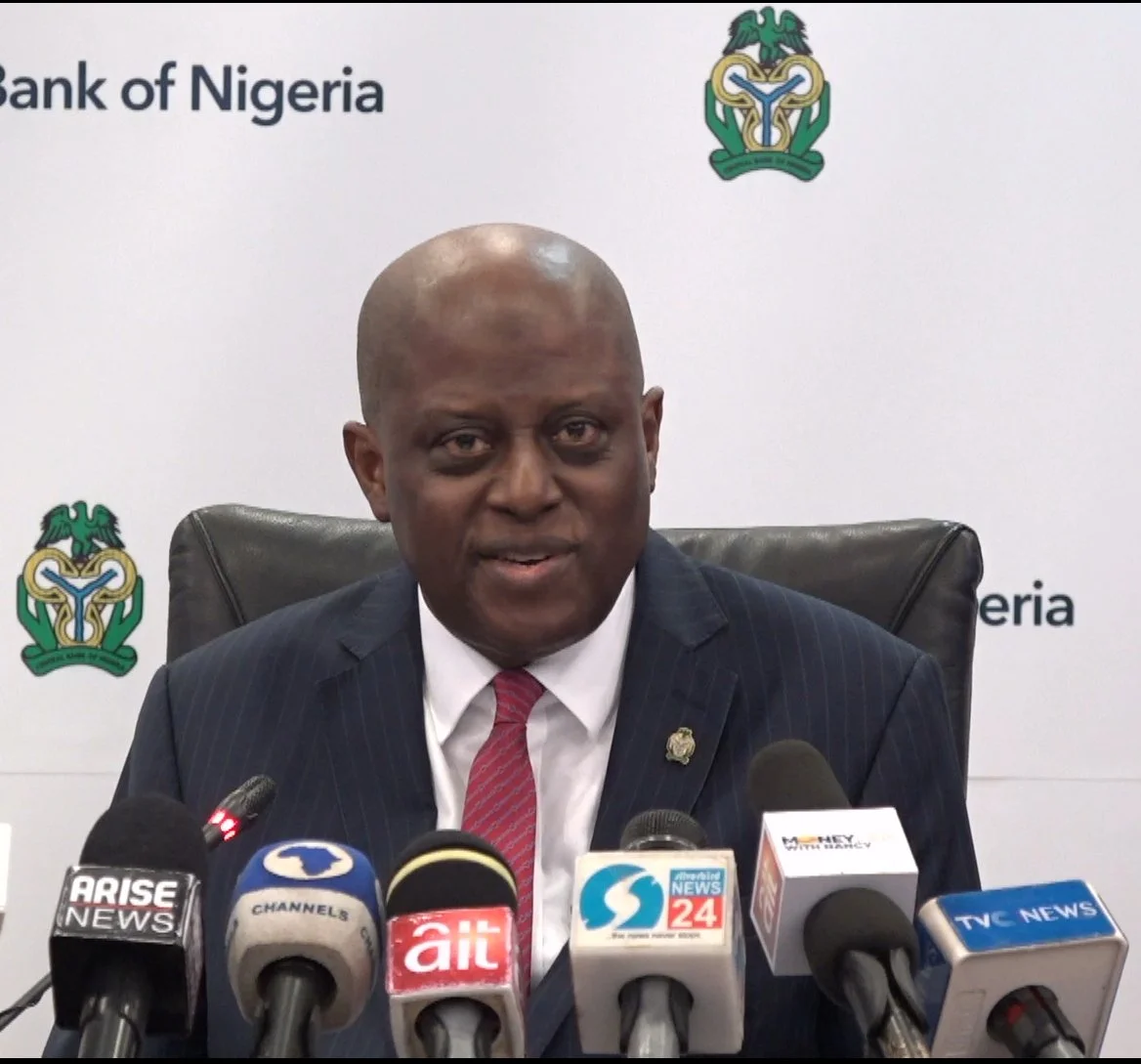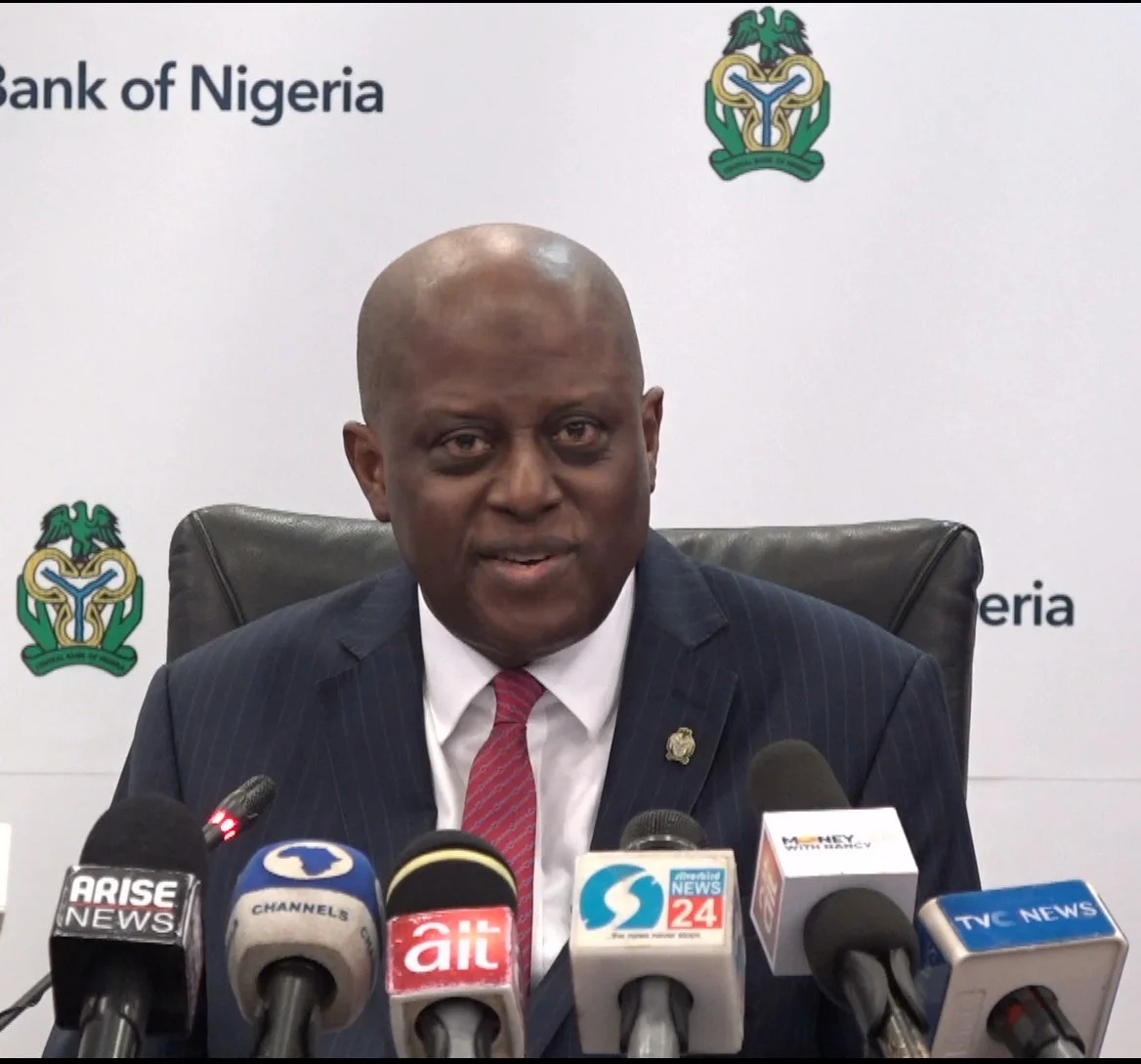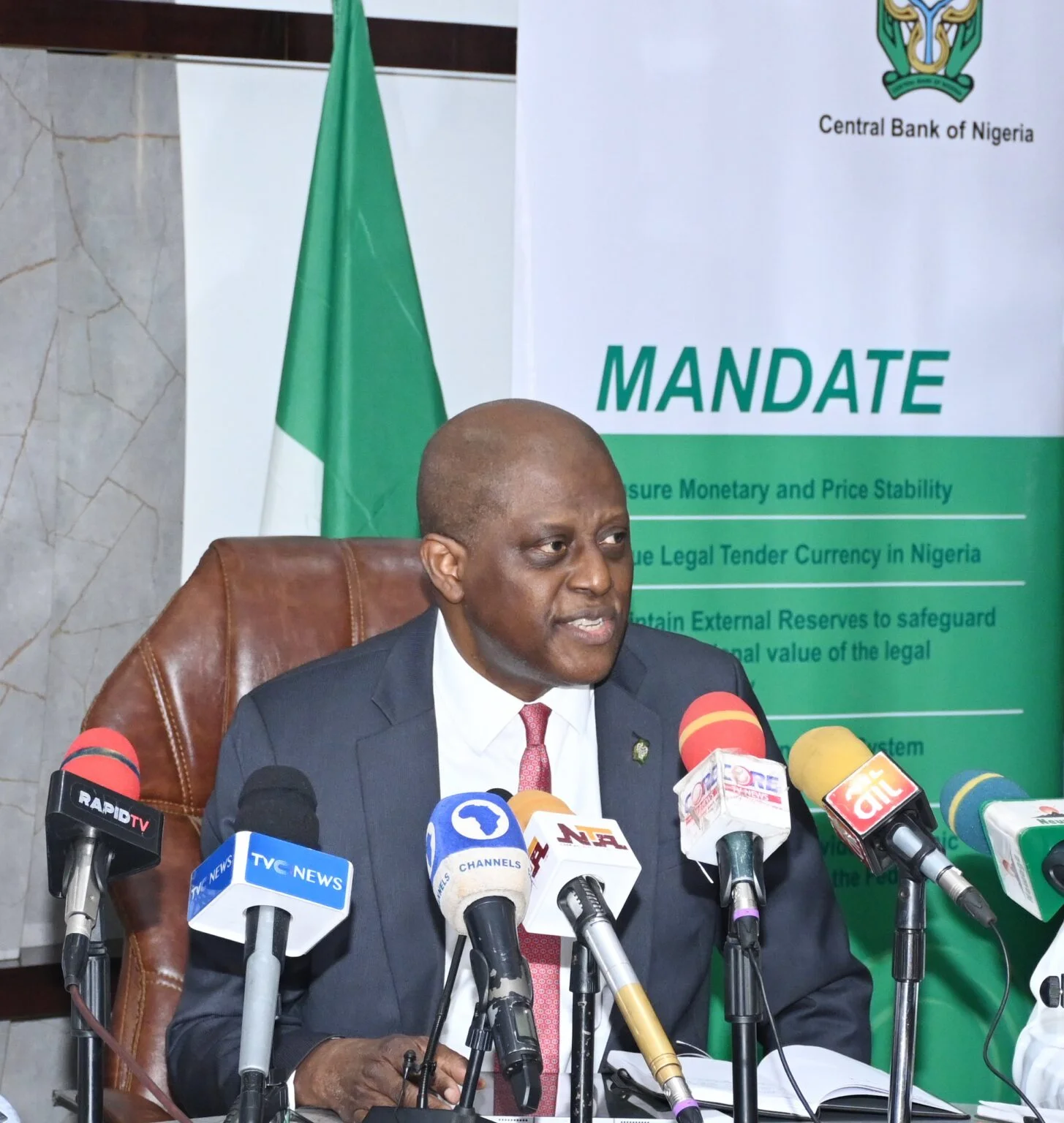The National Bureau of Statistics (NBS) has reiterated its commitment to providing credible, high-quality, and accessible data to support evidence-based policymaking aimed at driving sustainable national development and transformational change.
The Statistician-General of the Federation and Chief Executive Officer of the NBS, Adeyemi Adeniran, made this known on Monday in Abuja during an event to mark the 2025 World Statistics Day.
Adeniran noted that the world is undergoing rapid socioeconomic transformation, digital evolution, climate change, and shifting global dynamics, emphasizing that data remains central to effectively navigating these increasingly complex and interconnected challenges.
“To address these evolving challenges, we require credible, timely, high-quality data presented in usable formats and produced sustainably to inform vital decisions at all levels of society,” he said.
Milestones in National Data Improvement
Adeniran highlighted two recent milestones achieved by the NBS — the rebasing of both the Gross Domestic Product (GDP) and the Consumer Price Index (CPI) — which he said have significantly improved the accuracy and relevance of national statistical reporting.
He explained that the GDP rebasing, concluded in July 2025, updated the base year from 2010 to 2019 to better capture Nigeria’s modern economic structure and the evolution of its productive sectors.
According to him, the rebased GDP now includes emerging sectors such as the digital economy, creative industries, food economy, pension management, and informal markets.
“The rebasing gives us clearer insights into real economic performance and lays a stronger foundation for data-informed planning, investment, and policymaking.”
On the CPI rebasing, Adeniran said the base year was adjusted from 2009 to 2024, with the consumer basket expanding from 740 to over 930 items to reflect changing household consumption patterns.
He added that this update will improve the accuracy of inflation measurement and better capture how price changes impact Nigerian households, particularly vulnerable populations.
Modernising Data Systems
Adeniran further revealed that the NBS is modernising its data operations by leveraging digital technologies, fostering innovation, and working with ministries, departments, and agencies to strengthen the national data system.
He highlighted the Integrated System of Administrative Statistics as a key innovation aimed at improving data collection, processing, and sharing across government institutions using existing administrative records.
“Our mantra, ‘Data for Everyone’, isn’t just a slogan — it’s a commitment. It calls on all data stakeholders to democratise access and embed data-informed thinking across all sectors,” he said.
Challenges and Advocacy
The Statistician-General, however, acknowledged ongoing challenges, including inadequate funding, skills shortages, and difficulty in attracting and retaining qualified statisticians and data scientists.
“Good statistics are about people, not just numbers. Each data point reflects a farmer needing credit, a student learning, or a business planning. Together, with data, we drive change,” he added.
Support from Development Partners
Dr. Victoria Okafor, representing the World Bank, commended the NBS for its innovative efforts in producing timely and reliable statistics and pledged continued technical support.
Similarly, UNICEF representative Mrs. Bai Ajoku reaffirmed the organisation’s commitment to strengthening Nigeria’s statistical systems and called on stakeholders to ensure adequate funding for sustainable and inclusive development.
The 2025 World Statistics Day is celebrated with the theme: “Driving Change with Quality Statistics and Data for Everyone.”





